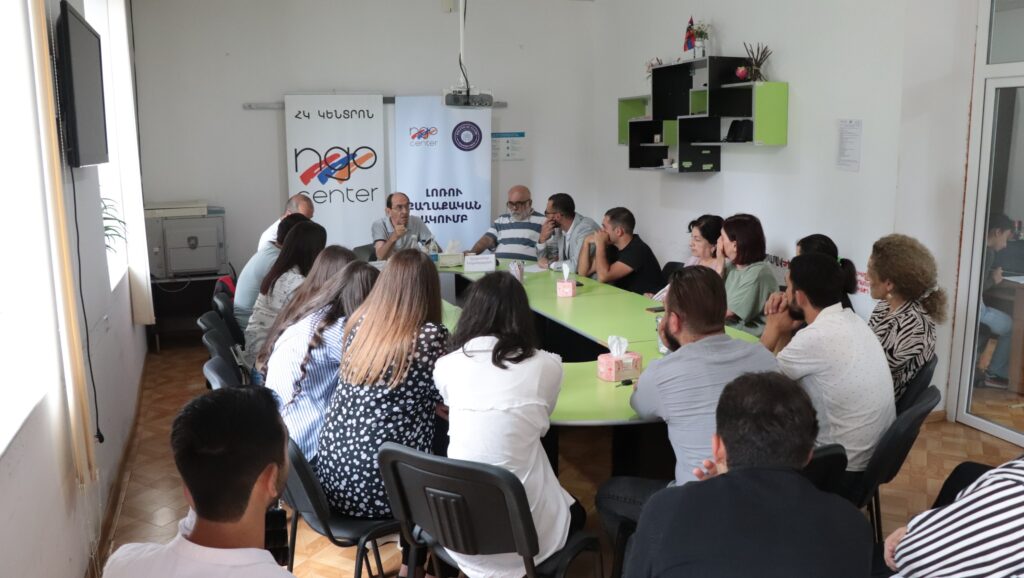
The newly emerged Covid-19 pandemic is a litmus test for the governments to ensure the freedom of expression and freedom of media during the crisis and secure that the emergency measures are not being implemented to censor news or regressive regulations are not being utilized against
The newly emerged Covid-19 pandemic is a litmus test for the governments to ensure the freedom of expression and freedom of media during the crisis and secure that the emergency measures are not being implemented to censor news or regressive regulations are not being utilized against media freedom. Because clear communication between the governments and the population is critical in resolving the current crisis, it can be argued that the free flow of independent news is crucial in terms of informing the citizenry to mitigate the pandemic and preserve an open dialogue and discussion on the adequacy of the implemented measures.

Along with the pandemic, the so-called “infodemic” has been spread across the world that requires endeavor to contend misinformation and disinformation campaigns that can evoke fear and elicit violence (“The Impact of Coronavirus on Media Freedom,” 2020). Although some countries have seen the Covid-19 pandemic as a war to fight against, according to the International Press Institute (IPI), this crisis has identified wide-ranging restrictive measures against media freedom in peacetime. When the death toll mounts, the financial and economic crises spread, and the public responds critically to the restrictions of their rights, the attraction to control the media by the authorities increases, especially in the authoritarian countries (“Emergency COVID-19 measures must not be used to roll back media freedom,” 2020).
The newly emerged Covid-19 pandemic is a litmus test for the governments to ensure the freedom of expression and freedom of media during the crisis and secure that the emergency measures are not being implemented to censor news or regressive regulations are not being utilized against media freedom. Because clear communication between the governments and the population is critical in resolving the current crisis, it can be argued that the free flow of independent news is crucial in terms of informing the citizenry to mitigate the pandemic and preserve an open dialogue and discussion on the adequacy of the implemented measures.
Along with the pandemic, the so-called “infodemic” has been spread across the world that requires endeavor to contend misinformation and disinformation campaigns that can evoke fear and elicit violence (“The Impact of Coronavirus on Media Freedom,” 2020). Although some countries have seen the Covid-19 pandemic as a war to fight against, according to the International Press Institute (IPI), this crisis has identified wide-ranging restrictive measures against media freedom in peacetime. When the death toll mounts, the financial and economic crises spread, and the public responds critically to the restrictions of their rights, the attraction to control the media by the authorities increases, especially in the authoritarian countries (“Emergency COVID-19 measures must not be used to roll back media freedom,” 2020).